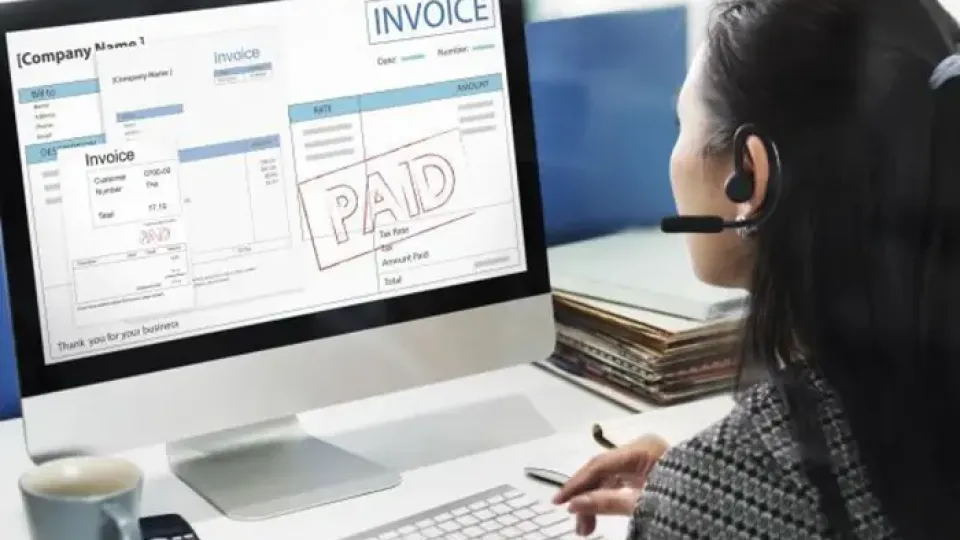January 15, 2025
PETALING JAYA – With the end of the e-invoicing relaxation period fast approaching, businesses are voicing concerns about the complexities of self-billed e-invoices.
They said the requirement to issue these invoices for transactions involving foreign sellers and non-invoicing local parties has raised significant challenges, prompting calls to extend the relaxation deadline.
Associated Chinese Chambers of Commerce and Industry of Malaysia treasurer-general Datuk Koong Lin Loong said many businesses are facing difficulties as they prepare to transition to full e-invoicing compliance by Feb 1.“Many of them are still struggling to understand self-billed invoices.
“This has nothing to do with the system, but the technicality in the filing.
“The process of issuing self-billed invoices is cumbersome and prone to errors, which could lead to non-compliance and penalties.
“Because in normal cases, invoices are issued when we sell something. But now we have to issue self-billed invoices when we buy something, so the process can be misleading,” he said in an interview yesterday.
Koong emphasised that this requirement is not commonly practised in many other countries, making it particularly burdensome for local businesses.
During the current relaxation period, companies with an annual turnover of over RM100mil have been allowed to issue consolidated e-invoices monthly.
However, the upcoming mandate requires each transaction to have its own e-invoice after Feb 1.
While larger firms with robust IT systems and personnel are better positioned to adapt, Koong said the intricacies of self-billed invoicing present a significant hurdle.
“Self-billed invoices are necessary when, for example, importing products from foreign sellers or renting spaces from individuals who do not issue e-invoices.
“This adds a layer of complexity that businesses are struggling with,” he said.
Owing to these challenges, Koong called on the Inland Reve-nue Board (LHDN) to consider extending the relaxation period by an additional six months specifically for self-billed e-invoices.
“Businesses need more time to understand and adapt to this complicated process. The traditional practice is to issue invoices only when selling, not when buying,” he said.
As the deadline looms, he said the extra relaxation would be useful later when small and medium enterprises (SMEs) are expected to face even greater difficulties once their compliance phase begins.
A self-billed e-invoice is an invoice generated by the buyer rather than the supplier, typically used in transactions involving individual or unregistered sellers.
LHDN has outlined the roles of the parties involved in its e-invoicing-specific guidelines.
The information required to create a self-billed e-invoice differs from that of a standard e-invoice. These invoices serve as proof of expenses in situations where the buyer does not receive a regular e-invoice.
Failure to issue self-billed e-invoices may lead to non-compliance with e-invoicing regulations and the potential disallowance of expenses.
Federation of Malaysian Business Associations vice-chairman Nivas Ragavan also expressed concern, as the business community hopes for leniency and continued support from the authorities to ensure a smooth transition to the new e-invoicing system, avoiding disruptions and potential penalties.
“Flexibility in implementation timelines for specific industries that might require more time to adapt is essential,” he said.
While larger businesses are at the forefront of the e-invoicing transition, Ragavan stressed the importance of considering the needs of SMEs and micro-businesses in subsequent phases.
He said companies faced several challenges during the soft- landing period, such as technical integration with existing systems, skill gaps among employees and ensuring data accuracy for invoice generation.
“However, these challenges have been addressed through partnerships with software providers, upskilling initiatives and engaging with LHDN for clarification.
“Networking within industry associations, especially during our e-invoicing seminars, workshops and handholding sessions also played a key role in exchanging best practices,” he said.
Ragavan, who is also president of the Kuala Lumpur and Selangor Indian Chamber of Commerce and Industry, said the soft-landing period has been crucial and helpful, providing businesses the time to identify and address bottlenecks without the pressure of immediate enforcement.
“It allowed LHDN and industry players to collaborate, refine processes and adapt to the new requirements at a manageable pace,” he said.

